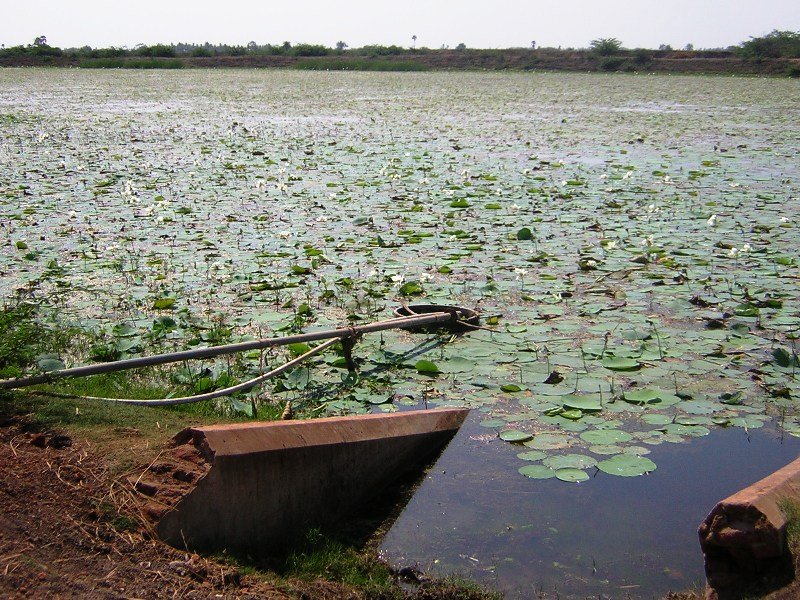 |
| When I was growing up, a childhood friend of my father's used to visit us every now and then. His name was Sudarsana Rao--everyone called him Suda--and he was the youngest son of a judge. His family had a huge, rambling house in the style of the English houses in India, which, together with its garden, spanned two streets. They came from the goona chakali caste, which is a backward caste--traditionally, they dye clothes--but some of them do very well. Even though he was my father's friend he constantly tried to belittle him. Once when the topic of older generations came up, Suda insisted that no untouchable can remember any further than two generations back. "You can't name anyone before your grandfather," he challenged my mother. "You people have no culture, no literacy, no tradition." This is the story of my ancestors, as far back as we can remember. |
| Here are a few excerpts from Sujatha's multi-generational family narrative, still a work in progress. It starts with her great-grandfather and goes up to her own growing-up. |
| "Missionaries were not working specially for the upliftment of untouchables." |
| "The upper-castes would not drink from a lower- caste rayvu and the lower-castes were not allowed to touch water from an upper-caste rayvu." |
| "Humilated for wearing nice clothes, for being clean, for being literate, for being a teacher, for desiring to be treated with dignity." |
| "My great-grandfather's clan lived on roots, fruits, leaves, and anything they could hunt or snare or catch, including rats and insects." |
| "Rama's epic virtue was to uphold the dharmam--the caste laws and laws governing the proper role of women." |
| "The women would go on and on, heaping abuse on the children for making them unclean." |
| Note on names: Sujatha's mother is Mary Manjulabai, called Papa as a young girl. Papa's brothers are Carey and Satyamoorthy (called Satthi as a boy, Satyam as a teen). Prasanna Rao is their father. Their mother is Maryamma, and Marthamma is her mother. |
| pond in Sankarapadu |